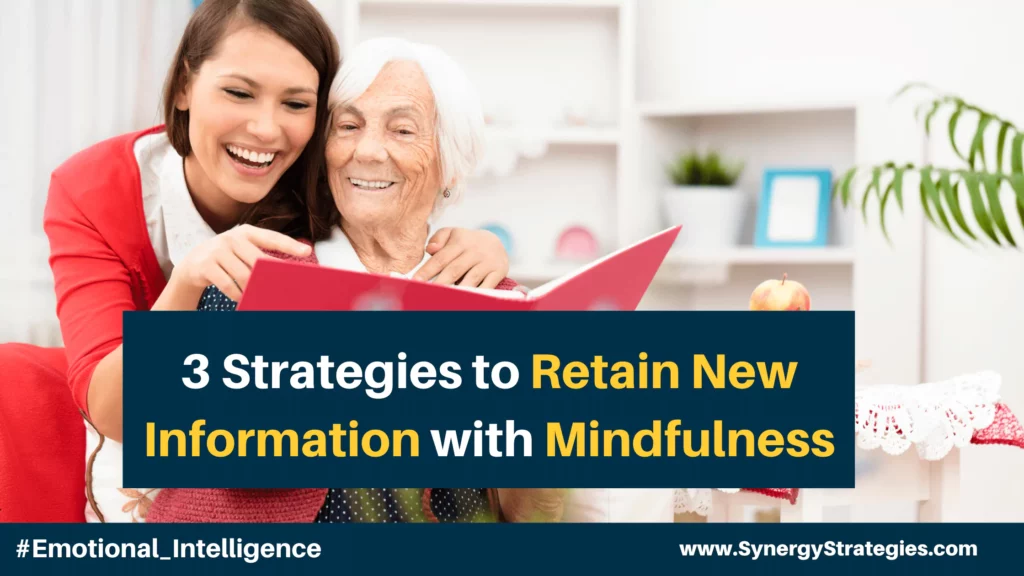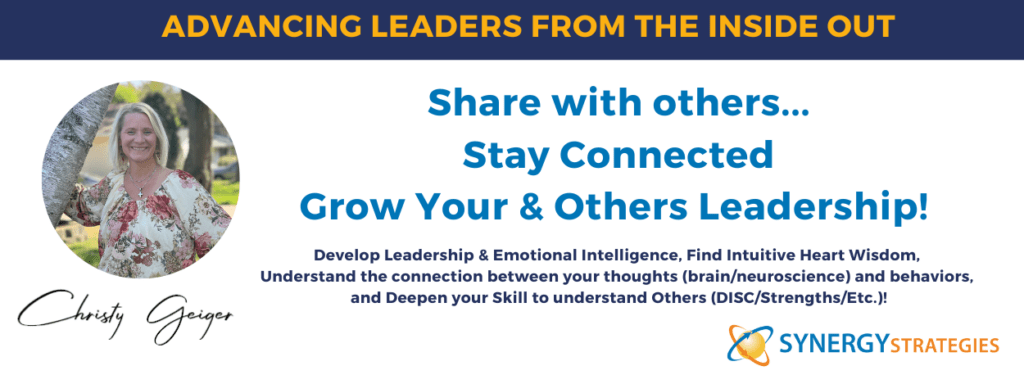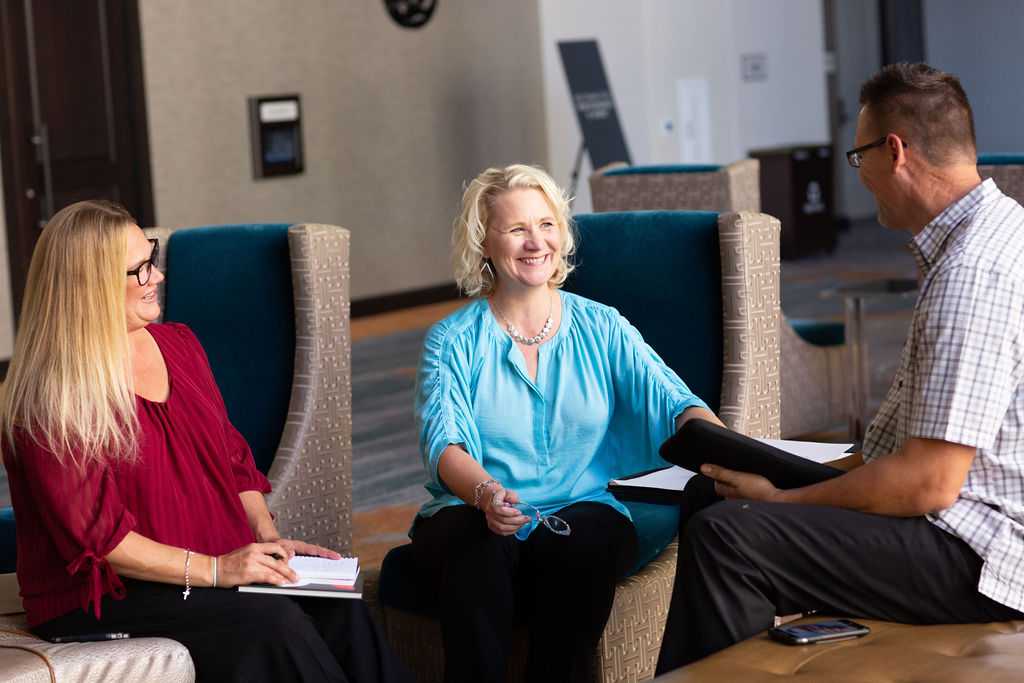When we consider how to keep our brains healthy, it’s common to focus on external habits we can change, like our sleep patterns, exercise, and nutrition. However, multiple scientific studies have proven that practicing mindfulness increases the growth of the hippocampus, the area of the brain associated with processing and storing information and memories. It seems we may have overlooked our internal landscape as one of the ways we can improve how we learn and remember new information.
Our brains rely on past experiences and learnings to shape our reactions in the present. This reliance can interfere with learning and remembering new information when it conflicts with what we already believe. In other words, concepts that conflict with what you already know to be true are more difficult to remember. For example, you might find it more difficult to find items when they reorganize the grocery store, or you may call a new acquaintance by the name of someone they remind you of.
Studies now prove that increased hippocampal growth improves our working memory. Therefore, practicing mindfulness is connected to both enhanced brain structure and brain function.
Ready to put some simple strategies into place to make learning easier and improve your memory?
-
Notice When You’re Struggling to Learn
The first step is to notice that you’re finding it difficult to learn new information or that you need more reminders. Start paying attention to when it takes you longer than usual to learn something new or when you need to review new information more often. This is not bad; it just means your brain is working harder and remembering this information is not natural and more likely to be forgotten. Take time to be present with the information. Try to make an association with something it is like or that it reminds you of. Write it down with a keyword, for example: the person’s name, where you met them, and what you might reference them for (John Smith, Ken’s softball game, Sports). Any associations you can make, as well as additional reflections, helps to absorb the information and make it more memorable.
-
Notice the New Information
We get so much data pouring into our brains every day that it can be a bit overwhelming. Be mindful and intentional in noticing and differentiating between new and old information, especially where there’s a conflict or a disconnect. When there is incongruence in information, it can cause our brains to focus more on reconciling the difference and get distracted from the information. It is useful to notice which information you think you know and what is new. Making a note of what you want to explore, discover or research pertaining to the new information can be helpful. It can help to visualize the new information and form a strong image in your mind.
Try saying the new concept out loud a few times. For example, if someone talked about the “gift of COVID”. You might be distracted thinking about “how could they say that that is not true…” and start arguing in your mind. This might cause you to miss the new information. Alternately, you could notice the conflict. The information I have worked with felt that COVID has been challenging and hard for many people. This new information is saying there is a gift. What I am curious about is how that might be true? What gifts have others found or experienced? Then you might see a glass box in your mind with the word COVID on it and on the inside of the box, you see your increased workout, your vitamins, your family time, and a game on your living room table. This is an example of being curious, reflecting, finding insights, and digesting information.
-
Notice What’s Happening Around You
Take a few minutes at various intervals during your day to notice what’s going on around you. What task are you engaged in? What can you hear, see, smell, taste, and feel? Pay attention to what thoughts are in your mind and how your body feels. Now, allow the present moment to unfold. If thoughts or judgments come up, just notice them and let them go. This is an example of in the moment mindfulness or presence. As you do this you might take 10 deep breaths. You might notice those thoughts, write them down so you can then clear your mind and allow yourself open and restful space for a moment.
Our minds can get very active, causing us to miss things happening around us. It can also cause us to get perpetually ramped up during the day. By the end of the day it takes hours to decompress and sometimes less healthy habits like alcohol, TV, social media, etc. If you are able to practice presence several times throughout the day, we keep our mind and energy in a more balanced place allowing greater awareness and peace throughout the day. When you are more attuned to your environment you remember more rather than flying through the day, only to ask, did we eat lunch? Did I take my medicine or vitamins? Did I shut off the heater? Try setting an alarm each hour to take 1-2 minutes to just get centered.
These 3 simple mindfulness steps can help you learn and remember new information, as well as assist you in finding calm and serenity in a busy world.
As neuroscience discovers more about how the brain functions, we will continue to learn how brain health is impacted not only by our external lifestyle but also by the thoughts and associations that exist in our inner world. Your work, life, and health all matter. These are a few ways to practice mindfulness to support remembering the new information you receive and enjoying the process along the way!






